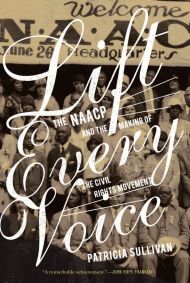You’ve heard of the Keystone tar-sands pipeline by now. You may not have heard that the Reactionary Right in the U.S. Senate is attempting to revive it yet again, after their last gambit failed.
We must not let this happen.
The Keystone XL Pipeline is planetary arson and intergenerational crime on an unprecedented scale.(PDF)
The arguments in its favor are all specious. At best, they are ignorant. At worst, they are dishonest and immoral.
Let me just address one of these arguments: jobs. Proponents of the pipeline say it will create jobs for Americans. And surely it will. Construction jobs that will disappear once the pipeline has been built. The permanent jobs created by this project will be in Canada. More importantly, since the pipeline itself is immoral, all jobs associated it will be morally tainted. The Holocaust created jobs too, remember. There were good jobs for chemical engineers and plant managers at IG Farben, where Zyklon-B gas was manufactured for shipment to Auschwitz and other well-engineered murder factories and crematoria.
If you find this rhetoric over-the-top, I respectfully suggest that you read up on the climate-change impact of this one project and ponder its implications. And then consider the risks of permanent damage to the Ogallala aquifer.
Please sign this petition now, and then pick up the phone and call your Senators. It won’t take long, and stopping Keystone is at least as important as stopping SOPA, PIPA and ACTA.




